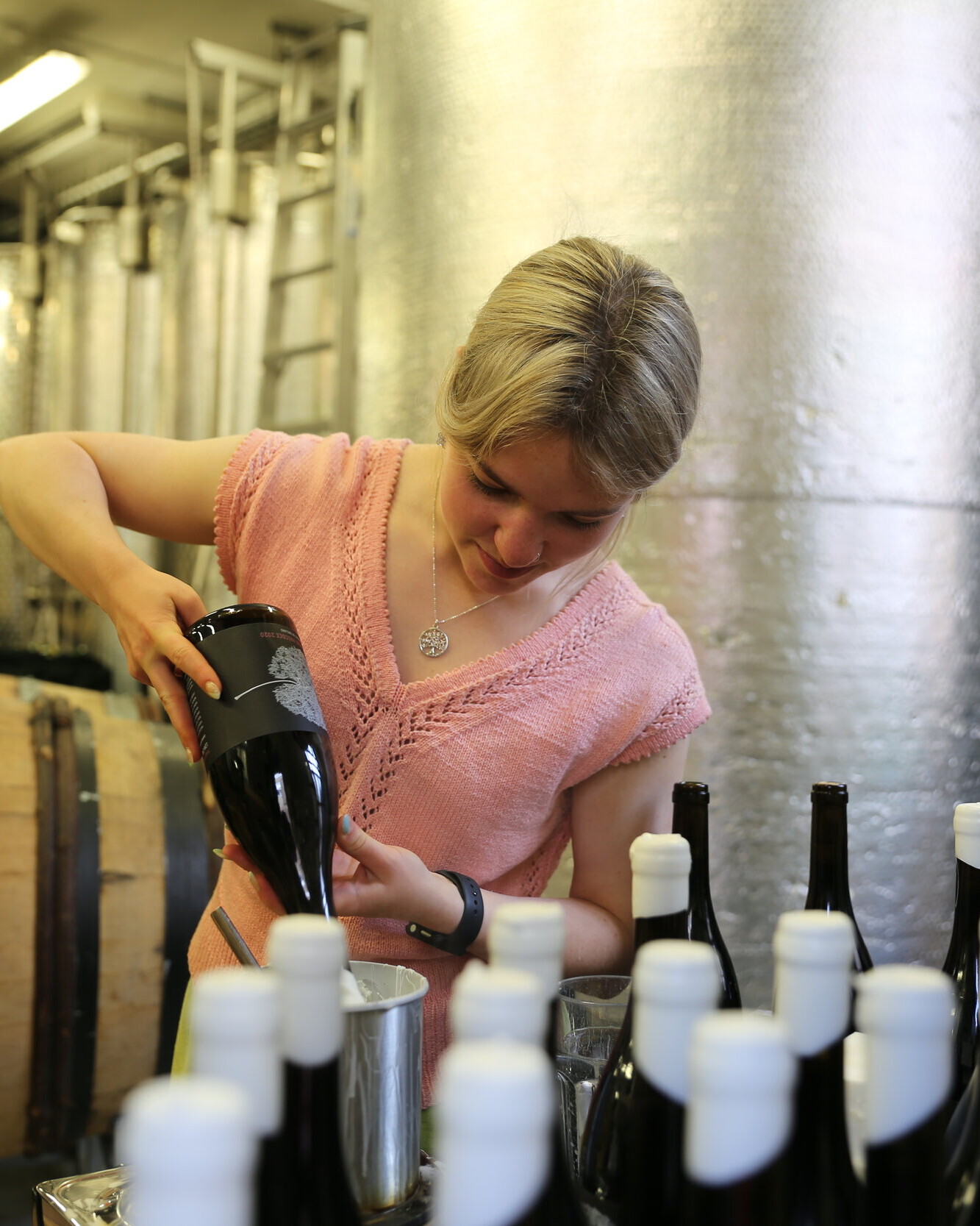In recent years, the wine industry has seen a significant shift towards embracing social responsibility. Wineries around the world are recognising the importance of not only producing high-quality wines but also contributing positively to society. This blog explores some of the key initiatives that wineries are implementing, focusing on community engagement, charitable donations, and ethical labour practices.
Community Engagement
Community engagement is at the heart of many wineries’ social responsibility efforts. Wineries understand that their success is closely tied to the wellbeing of the communities around them. Here are some ways they are making a difference:
- Local Events and Festivals:
- Many wineries host local events, such as wine festivals, farmers’ markets, and cultural celebrations. These events not only promote the winery but also boost local tourism and create a sense of community.
- The Napa Valley Wine Auction in California, which brings together local residents, businesses, and visitors, has raised millions for healthcare, youth services, and affordable housing in the region.
- Educational Programs:
- Wineries often run educational programs for local schools and community groups. These programs can range from viticulture courses to environmental sustainability workshops.
- The Jackson Family Wines’ Rooted for Good: Roadmap to 2030 includes initiatives to educate the next generation about sustainable farming practices.
- Support for Local Art and Culture:
- Many wineries support local artists and cultural projects. They might provide venues for exhibitions, sponsor local theatre productions, or collaborate with musicians.
- The Art Series by Leeuwin Estate, which combines fine art with fine wine, supporting local artists and promoting cultural appreciation.
Charitable Donations
Charitable donations are another key component of wineries’ social responsibility initiatives. These donations can take many forms, including financial contributions, in-kind donations, and fundraising events.
- Financial Contributions:
- Wineries often donate a portion of their profits to charitable organisations. These contributions can support a wide range of causes, from healthcare to education to disaster relief.
- Barefoot Wine, a part of E. & J. Gallo Winery, supports various causes through its Barefoot Beach Rescue Project, donating to environmental cleanups and other community initiatives.
- In-Kind Donations:
- Wineries frequently donate their products to charitable events and auctions. These contributions can help raise significant funds for various causes.
- Many wineries participate in wine auctions that benefit non-profit organisations, such as the Sonoma County Vintners Foundation, which supports local health, education, and housing initiatives.
- Fundraising Events:
- Hosting or sponsoring fundraising events is a common practice among wineries. These events can be anything from gala dinners to charity runs to wine tastings.
- The Paso Robles Wine Country Alliance hosts an annual Wine Country Auction, which has raised millions for local charities.
Ethical Labour Practices
Ethical labour practices are crucial in ensuring that the production of wine is fair and sustainable. Many wineries are committed to treating their workers with respect and ensuring fair working conditions.
- Fair Wages and Benefits:
- Ensuring fair wages and providing benefits like healthcare, housing, and education for workers and their families are fundamental ethical practices.
- Fair Trade Certified wineries, such as Stellar Organics in South Africa, guarantee fair wages and community benefits.
- Safe Working Conditions:
- Wineries are increasingly focusing on creating safe working environments. This includes providing proper training, ensuring safe use of equipment, and adhering to health and safety regulations.
- Bodega Catena Zapata in Argentina implements strict safety protocols and provides regular training to its employees to maintain high safety standards.
- Support for Seasonal Workers:
- Given the seasonal nature of viticulture, supporting seasonal workers with fair treatment and adequate compensation is essential.
- Wineries like Concha y Toro in Chile provide housing, meals, and fair wages to their seasonal workers, ensuring they are well taken care of during harvest season.
It’s clear that the wine industry is making significant strides towards social responsibility. Through community engagement, charitable donations, and ethical labour practices, wineries are contributing to a more sustainable and equitable world. Next time you enjoy a glass of your favourite wine, you can feel good knowing that many wineries are working hard to make a positive impact. Cheers to that!




